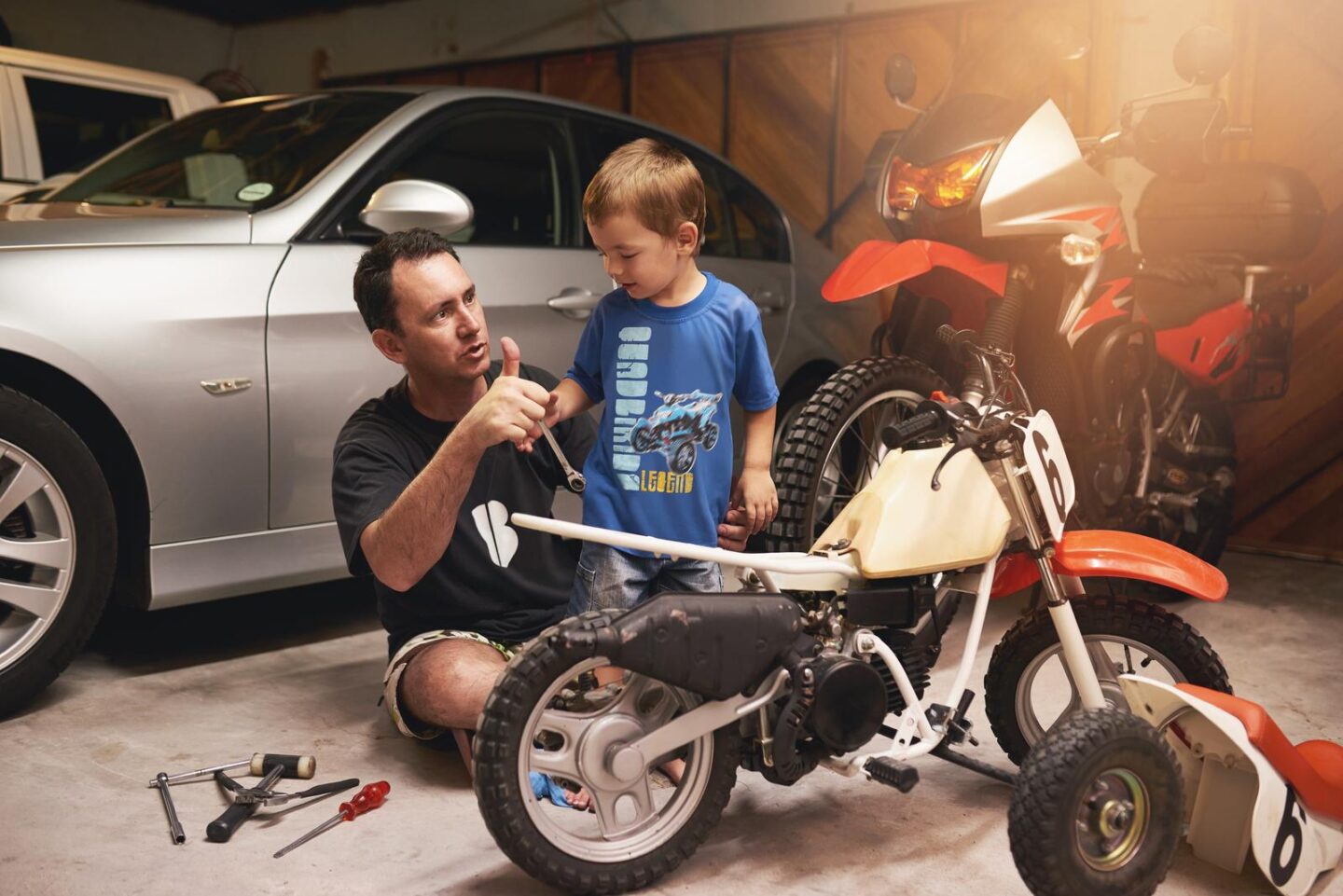The success of the foster care system relies on a community of foster carers, both men and women. Men can be foster carers on their own or with their partners.
They can also be straight, gay, bisexual, transgender or any other sexual orientation. Positive male role models are especially essential for the healthy development of foster children. Below, we explore why positive male role models are so important.
They Help Demonstrate Healthy Masculinity
Coming from a traumatic environment means foster children who have lived through such environments can have a warped view of men, masculinity and healthy relationships. Father figures show them what healthy relationships and masculinity look like.
Showing foster children how to love others unconditionally is very influential. Positive male role models can show foster children that acts of service, being affectionate without conditions or boundaries, and expressing emotions are signs of strength and not weakness.
By demonstrating protection and discipline, they can also show foster children that there are great ways to love others.
Male role models can also model positive interactions with women and girls, which can help foster children understand and respect gender differences.

They Provide Stability and Consistency
Many foster children have experienced frequent changes when it comes to their living arrangements and carers, especially if they have moved to or lived in many homes.
These frequent changes lead to a lack of consistency and stability, which can have disrupting effects on their development. Positive male role models provide a consistent and stable presence which can help foster children feel secure.
This is also important for helping foster children develop a sense of trust and attachment.
Providing such stability and consistency starts with fostering children. Men or partners who want to embark on this amazing and fulfilling journey can get in touch with local agencies like Orange Grove Foster Care to get started.
They Can Teach Positive Values and Behaviours
There is so much that positive male role models can teach foster children. This includes positive values and behaviours as well as social skills.
They can also help foster children learn how to communicate effectively, solve problems, develop coping strategies and improve self-esteem and confidence.
Providing Emotional Support
Many foster children may have experienced neglect, abuse, or other traumatic experiences that can impact their emotional well-being.
Positive male role models can provide emotional support, encouragement, and validation, which can help foster children develop a sense of self-worth and resilience.
They can also teach foster children how to deal with different emotions, which is an important thing to learn because they will need this in the future.

Helping Foster Children Learn How to Trust Others
Many foster children do not trust adults because of the experiences they have been through. By spending time with foster children, men can show them that they can trust adults. They can also teach them to start trusting others.
Positive male role models are essential for the healthy development of foster children. They can provide stability, teach positive values and behaviours, provide emotional support, and model healthy relationships. They can also help foster children learn how to trust others, especially adults.

